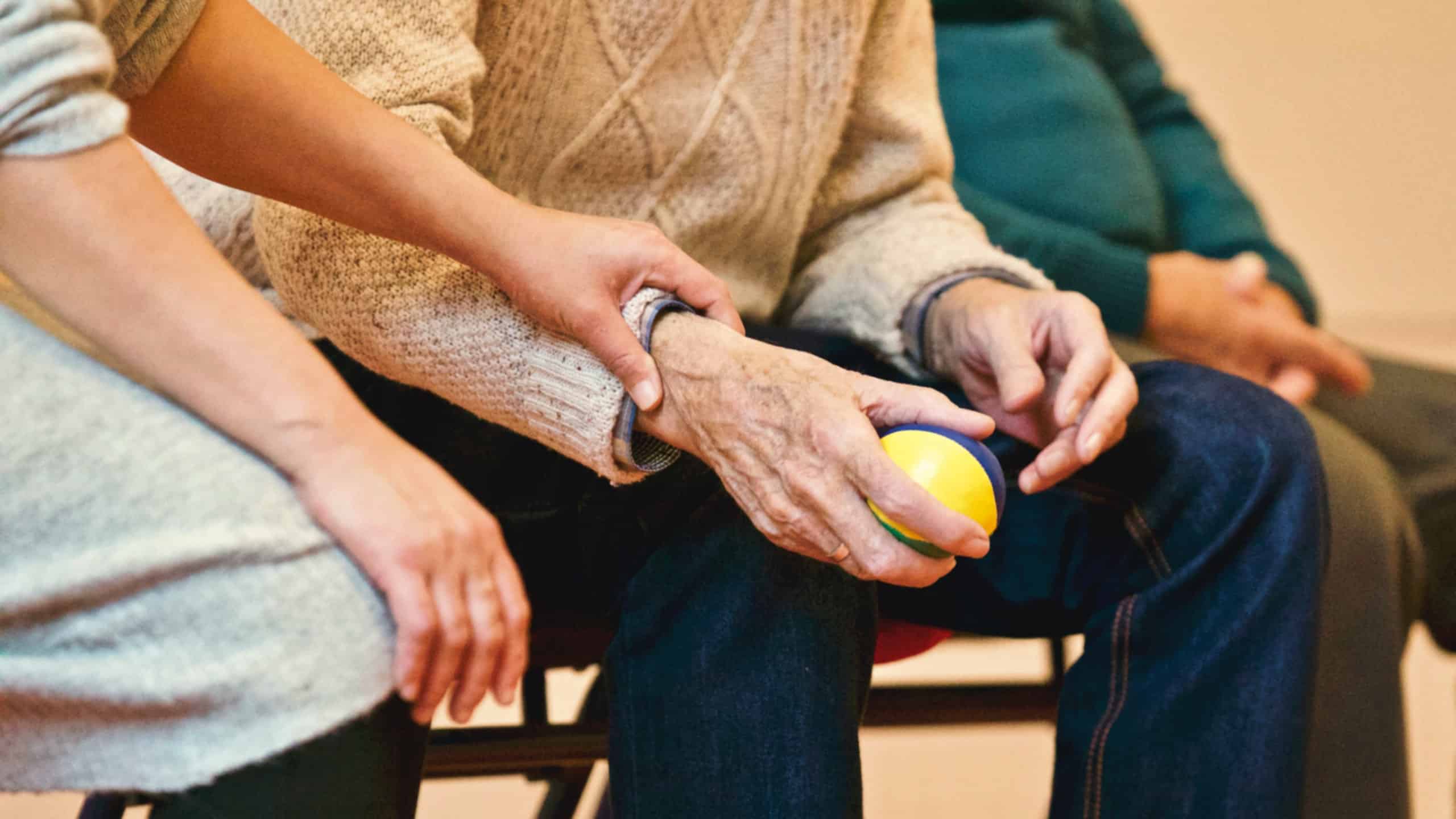The Little-Known Importance Of The Court Of Protection

In late July 2018, the Supreme Court ruled that legal permission would no longer be required to withdraw treatment from patients in a permanent vegetative state.
Prior to this ruling, doctors had to apply to the Court of Protection to withdraw food and water from a patient in a permanent vegetative state, allowing them to die with dignity, even if the hospital and the family were in agreement that this was the best course of action.
This is the type of cases the unsung hero of the English judicial system deals with daily. The Court of Protection is the bastion for those who need a decision made regarding their life but lack the mental capacity to decide for themselves. Every day, the Court of Protection makes rulings on the lives…and sometimes deaths, of the most vulnerable members of society.
Yet few of us know anything about this shadowy institution, which often acts behind closed doors to protect the privacy of those it serves.
The beginnings of the Court of Protection
Historically, language has never been kind to those who lack mental capacity. The Court of Protection evolved from the Office of the Master in Lunacy which received its authority from the Lunacy Act 1890 and the De Prerogativa Regis of 1324. The latter is the earliest codified reference to mental health under English law, giving jurisdiction of the property and affairs of ‘idiots’ and those who ‘happen to fail their wit’ to the monarch.
Thankfully, we no longer use such words to describe those who have lost their mental capacity due to age, illness, or accident. The Court of Protection is designed to be just that – a protector. Its powers are now defined by the Mental Capacity Act 2005.
The powers of the Court of Protection
Due to the ageing population and the rapid rise in diseases such as Alzheimer’s and dementia, the Court of Protection’s workload has increased dramatically over the past 15 years. Applications to the court are also on the rise due to the increased awareness of the rights of people lacking mental capacity and the increased willingness of relatives who will champion the affected person’s best interests.
The Court of Protection can declare that a person lacks the mental capacity to make certain decisions for themselves. They can also appoint Deputies to make choices on behalf of someone who lacks mental capacity and has not appointed an LPA (see below). It can also permit someone to make one-off decisions for such a person and decide if someone who lacks mental capacity should be deprived of their liberty under the provisions of the Mental Capacity Act 2005.
Disputes regarding Lasting Powers of Attorney
The Court of Protection also manages Lasting Powers of Attorney (LPA) disputes. An LPA is a legal document which allows a person, known as the Donor, to appoint one or more people, known as attorneys, to make decisions on their behalf should they lose the capacity to do so.
There are two forms of LPA, one to deal with property and financial affairs, and one to cover health and welfare issues. A person can have both forms; however, the property and financial LPA is the most common.
Disputes around LPAs often concern whether or not the Donor had the capacity to execute a document, or concerns around attorneys exceeding their powers or not acting in the best interests of the Donor.
The Court of Protection can revoke an LPA, deriving its power to do so under section 22(3) of the Mental Capacity Act 2005 on the grounds that:
- fraud or undue influence was used to get the Donor to create the LPA
- an attorney has behaved in a way that is not in Donor’s best interests
- an attorney proposes to act in a way that is not in Donor’s best interests
Revoking an LPA is a serious step. When making a decision, the Court of Protection will examine all the circumstances, including the gravity of the offences. It will also consider whether revoking the LPA is in the best interests of the Donor.
If an LPA related dispute develops, the Court of Protection encourages parties to reach an agreement through alternative dispute resolution methods such as mediation.
Protecting those who cannot speak for themselves
The Court of Protection’s overriding objective is to protect vulnerable people whose lives have been left in limbo. Few of us realise the impact not having made provisions for who can make decisions if we lose mental capacity can have on the lives of those we love. And it is often the smallest things that can cause the most stress – for example, if the phone and internet account is in your name, without an LPA, your relatives, including your spouse, will be unable to deal with it.
Although the court can provide a solution in the form of appointing a Deputy, it may not select the person you would have wished to entrust to manage your affairs. A judge cannot read a person’s mind, and once incapacity occurs, educated guesses as to your wishes are the best that can be hoped for. To avoid such a scenario, the obvious answer is to organise an LPA while you have the mental capacity to do so.
Remember, it is always later than you think.
Bennett Griffin are award-winning Solicitors based in West Sussex. From our office in central Worthing our experienced and specialist Solicitors offer a comprehensive service and will work with you in an honest, considered, and practical manner. Our Wills, trusts and probate department is able to advise and assist you in relation to making or reviewing a Will. Please contact us on 01903 229 999 or by email at info@bennett-griffin.co.uk for more information.
Please note this article does not constitute legal advice.
